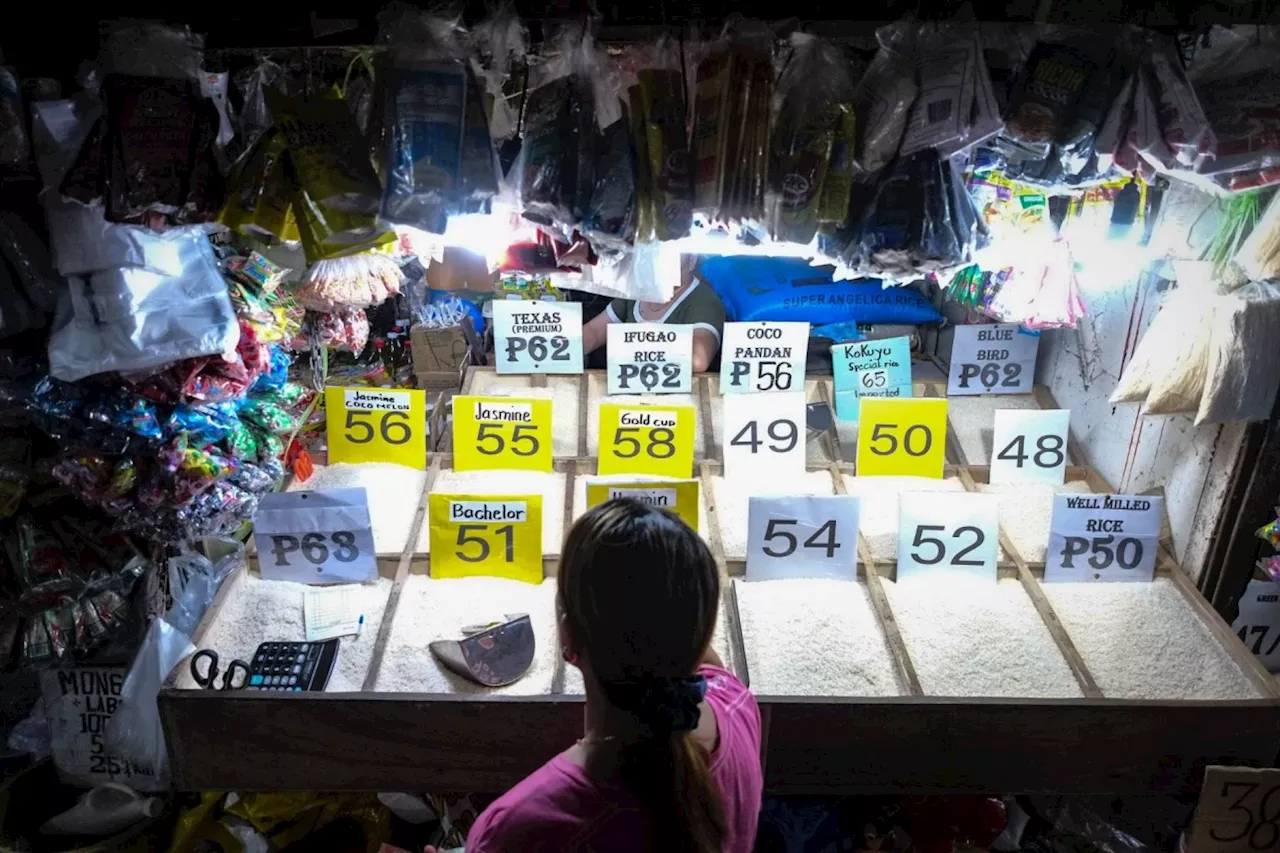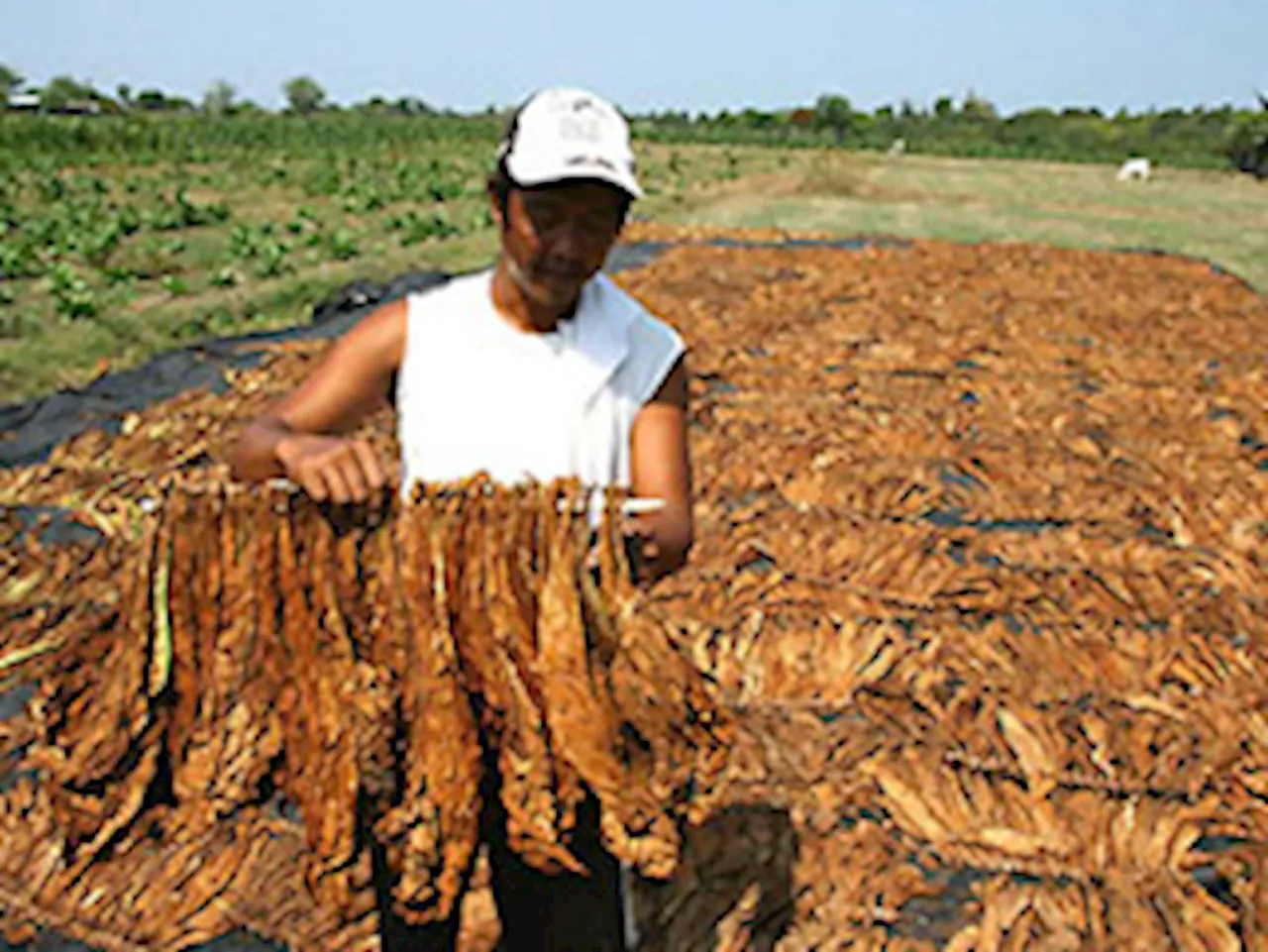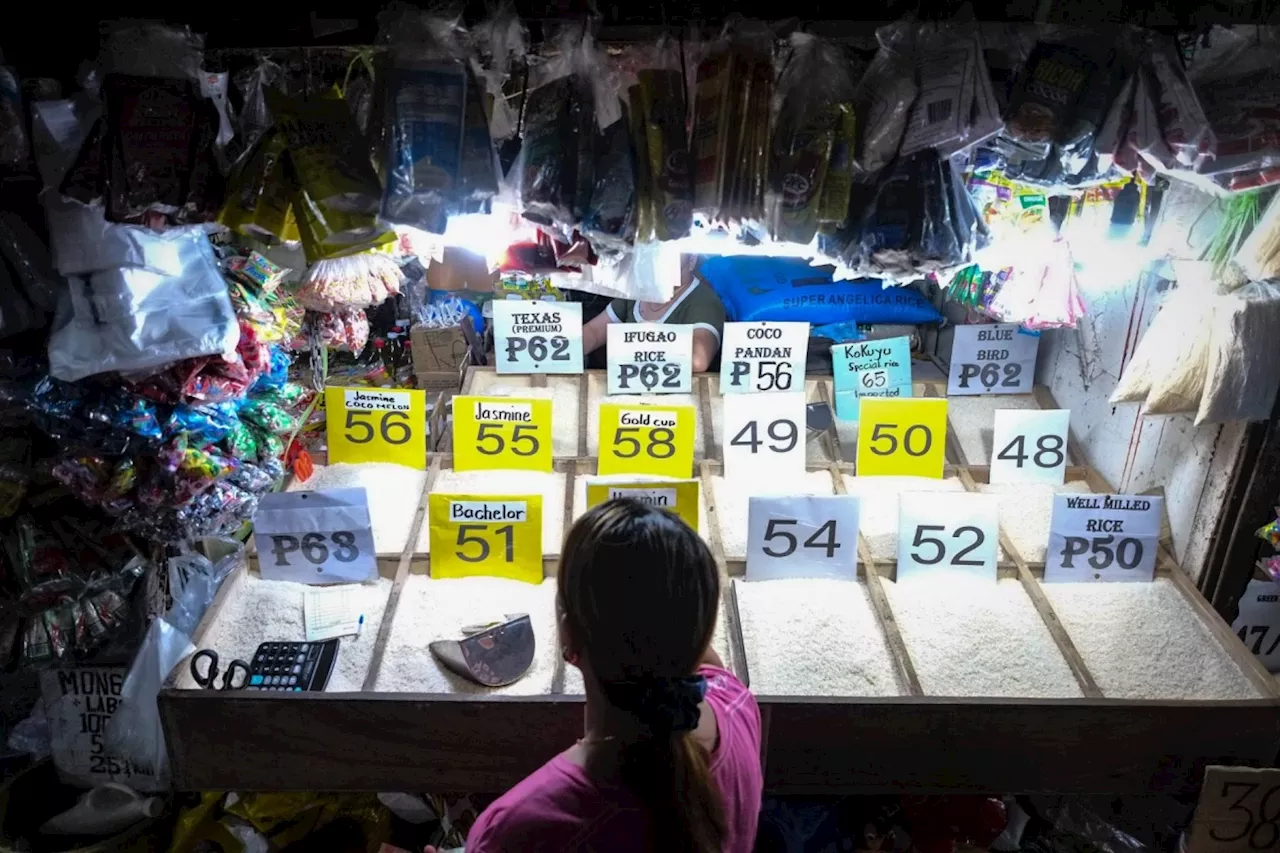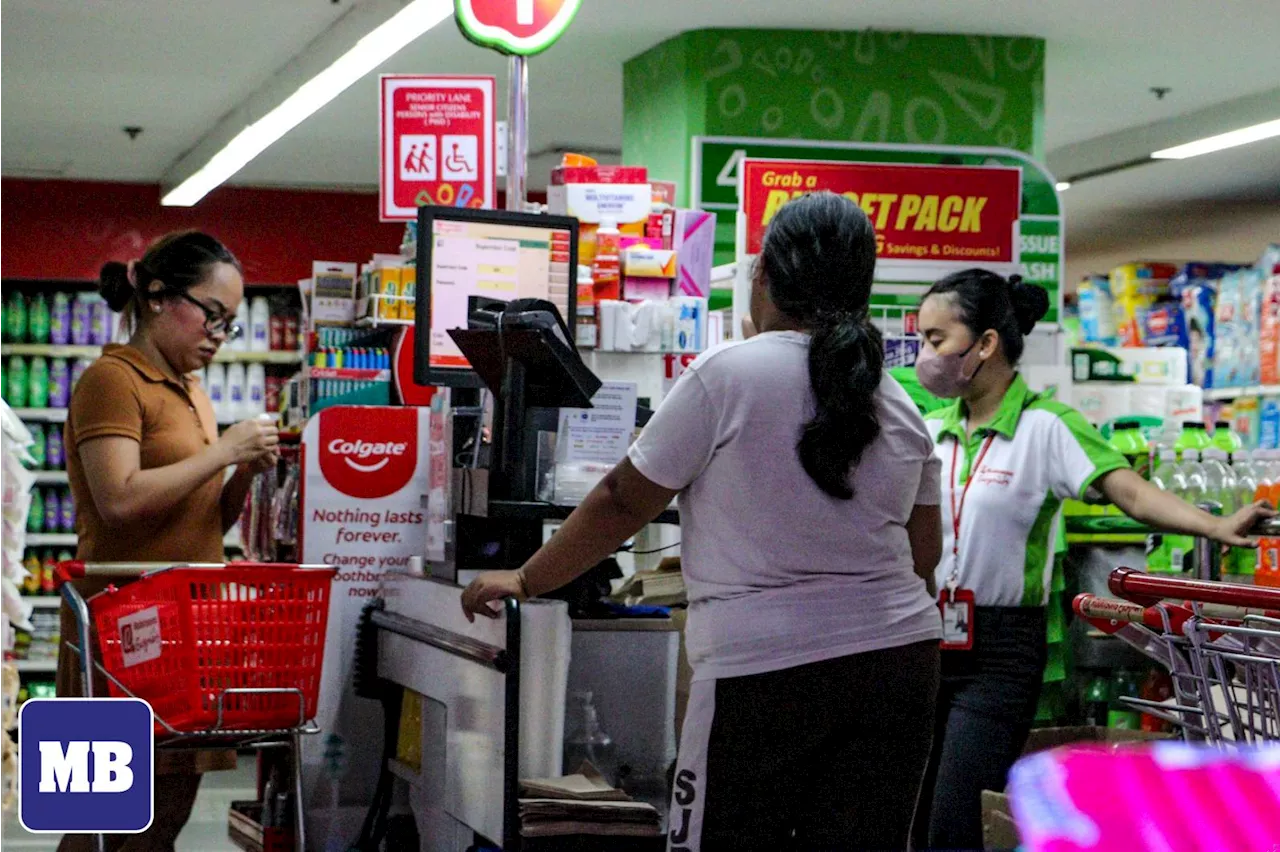CenPEG sounds the alarm on the manipulation of the party-list system, urging for reforms to ensure representation for marginalized sectors and prevent the system from becoming a tool for the elite.
The Center for People Empowerment in Governance (CenPEG) has raised a serious alarm about a critical issue threatening the core of Philippine democracy: the blatant manipulation of the party-list system. Originally intended as a platform to amplify the voices of marginalized sectors, the party-list has unfortunately become a domain for political dynasties, retired officials, and wealthy businessmen, effectively silencing the very groups it was designed to represent.
CenPEG stresses the urgent need for decisive action to rectify this situation and restore the system to its original purpose. \The Party-List System Act, or Republic Act 7941, was conceived with a noble aim: to ensure representation for the underprivileged and marginalized segments of Philippine society in governance. Farmers, workers, indigenous communities, and the urban poor—those historically excluded from decision-making—were envisioned to finally have a channel to voice their concerns and advocate for their interests. However, as CenPEG rightfully points out, decades of flawed implementation and questionable court rulings have allowed powerful political families and big businesses to infiltrate and ultimately undermine the system. Instead of championing the needs of the vulnerable, many party-list groups have become extensions of the ruling elite, further consolidating their power and influence. This distortion of proportional representation deprives legitimate sectoral groups of their rightful voice in policymaking, jeopardizing the very foundation of democracy. \Kontra Daya's recent study reveals a stark reality: a significant number of party-list groups vying for seats in the upcoming elections do not represent the marginalized. Many are linked to political dynasties, big businesses, or face corruption allegations. This alarming statistic underscores the extent to which the system has been compromised. To reclaim the party-list system for those who truly need it, CenPEG's proposed reforms are crucial and deserve serious consideration. The organization advocates for only genuine representatives of marginalized sectors to be allowed to participate, prohibiting the party-list from being a haven for political families or a tool for expanding business interests. CenPEG also emphasizes the need for the Commission on Elections to rigorously scrutinize applicants and reject those who fail to align with the law's intended purpose. Furthermore, Congress must amend the law to explicitly bar traditional politicians and economic elites from exploiting the system. The fate of Philippine democracy rests on our ability to restore integrity to the party-list system. Now is the time for civil society, grassroots organizations, and concerned citizens to unite and demand change. We must hold our elected officials accountable and ensure that the voices of the marginalized are once again heard in the halls of power. Failing to do so will only strengthen the grip of elite dominance and diminish the democratic space for genuine representation, leaving the Philippines with a democracy in name only
PHILIPPINES DEMOCRACY PARTY-LIST SYSTEM MARGINALIZED SECTORS POLITICAL DYNAMSTYIES REFORMS CENPEG CONTRADAYA
Philippines Latest News, Philippines Headlines
Similar News:You can also read news stories similar to this one that we have collected from other news sources.
 CenPEG Condemns Manipulation of Party-List System, Calls for Reclaiming DemocracyThe Center for People Empowerment in Governance (CenPEG) criticizes the dominance of political dynasties, retired officials, and wealthy businessmen in the Philippine party-list system, originally intended for marginalized groups. CenPEG urges civil society, grassroots organizations, and citizens to fight for the restoration of the system's original purpose to ensure representation for the marginalized in Philippine governance.
CenPEG Condemns Manipulation of Party-List System, Calls for Reclaiming DemocracyThe Center for People Empowerment in Governance (CenPEG) criticizes the dominance of political dynasties, retired officials, and wealthy businessmen in the Philippine party-list system, originally intended for marginalized groups. CenPEG urges civil society, grassroots organizations, and citizens to fight for the restoration of the system's original purpose to ensure representation for the marginalized in Philippine governance.
Read more »
 Corruption, rising prices of basic goods top concerns of party-list voters — surveyMANILA, Philippines — The fight against surging prices of essential goods and the battle to eradicate government corruption have emerged as the primary concerns for party-list groups, according to the latest 2025 Pre-Election Party-List Preferential Survey conducted by Tangere.
Corruption, rising prices of basic goods top concerns of party-list voters — surveyMANILA, Philippines — The fight against surging prices of essential goods and the battle to eradicate government corruption have emerged as the primary concerns for party-list groups, according to the latest 2025 Pre-Election Party-List Preferential Survey conducted by Tangere.
Read more »
 P27B reduction in UHC funding seen with sin tax moratorium on tobacco — party-listLatest Philippine news from GMA News and 24 Oras. News, weather updates and livestreaming on Philippine politics, regions, showbiz, lifestyle, science and tech.
P27B reduction in UHC funding seen with sin tax moratorium on tobacco — party-listLatest Philippine news from GMA News and 24 Oras. News, weather updates and livestreaming on Philippine politics, regions, showbiz, lifestyle, science and tech.
Read more »
 Soaring Prices and Corruption Top Voter Concerns in Party-List ElectionsA new pre-election survey by Tangere reveals that soaring prices of essential goods and government corruption are the top concerns for Filipino voters in the upcoming party-list elections. The survey also highlights the importance of healthcare improvements, employment opportunities, and a higher minimum wage as key issues for voters.
Soaring Prices and Corruption Top Voter Concerns in Party-List ElectionsA new pre-election survey by Tangere reveals that soaring prices of essential goods and government corruption are the top concerns for Filipino voters in the upcoming party-list elections. The survey also highlights the importance of healthcare improvements, employment opportunities, and a higher minimum wage as key issues for voters.
Read more »
 Party-list Seeks Legislative Action to Combat Soaring PricesGaling sa Puso (GP) Party-list, aiming for a seat in the House of Representatives, emphasizes legislation as the key to controlling runaway prices of basic goods and improving supply chain management. Lawyer JP Padiernos, GP's first nominee, stresses the urgency of addressing inflation's impact on low-income Filipinos. While acknowledging global factors contributing to inflation, Padiernos asserts that targeted legislative measures can mitigate its effects by ensuring efficient supply chains and removing barriers to essential goods movement.
Party-list Seeks Legislative Action to Combat Soaring PricesGaling sa Puso (GP) Party-list, aiming for a seat in the House of Representatives, emphasizes legislation as the key to controlling runaway prices of basic goods and improving supply chain management. Lawyer JP Padiernos, GP's first nominee, stresses the urgency of addressing inflation's impact on low-income Filipinos. While acknowledging global factors contributing to inflation, Padiernos asserts that targeted legislative measures can mitigate its effects by ensuring efficient supply chains and removing barriers to essential goods movement.
Read more »
 PBP Party-list breaks into Tangere poll's top 20'It is a movement to empower barangays as the cornerstone of national progress.'
PBP Party-list breaks into Tangere poll's top 20'It is a movement to empower barangays as the cornerstone of national progress.'
Read more »
